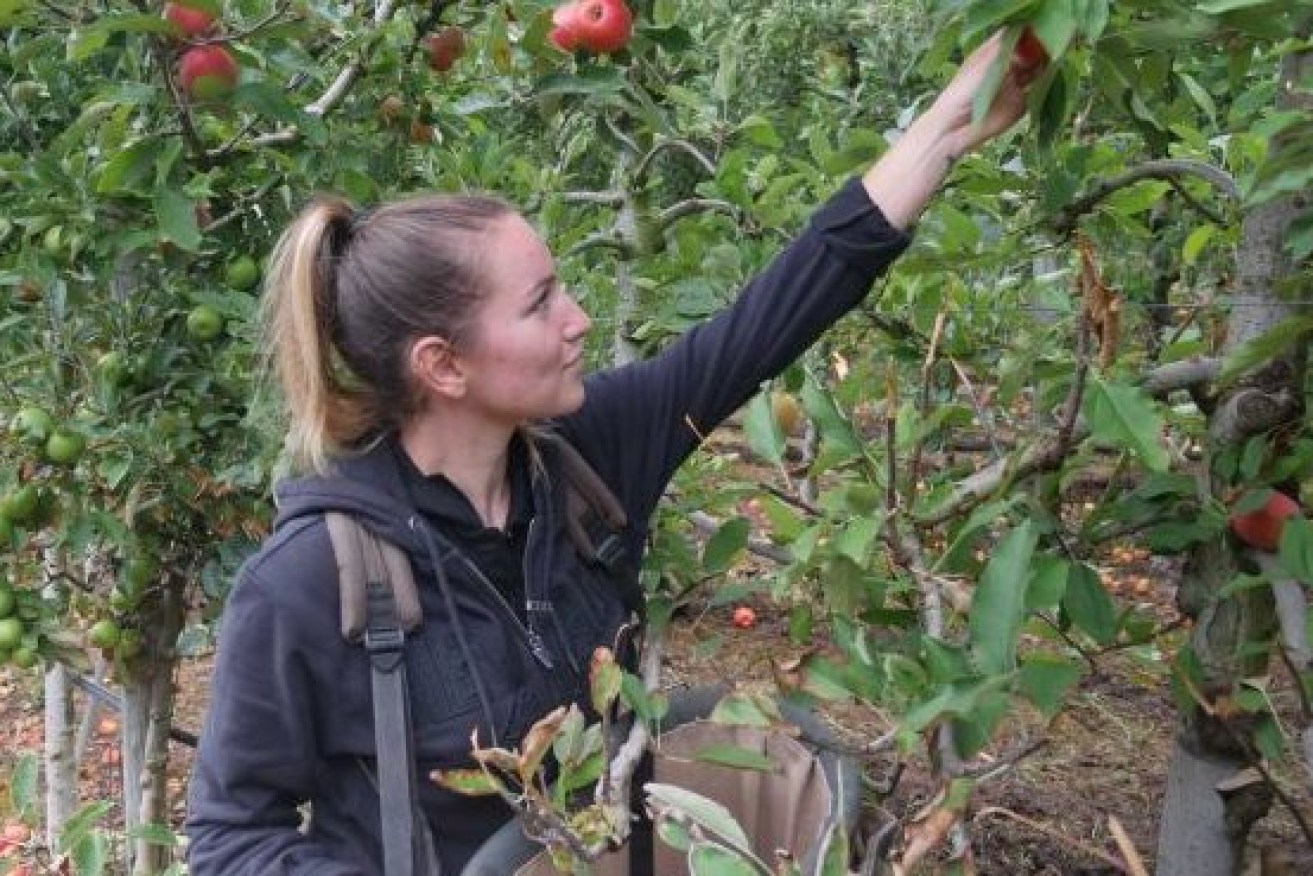Farmers’ stinging response to government’s rural safety blitz
Rigid crackdowns on farmers flouting workplace health and safety laws could be creating more dangers for workers, a prominent farm industry group has warned.


Younger workers were more likely to quit their job Photo: ABC
Bundaberg Fruit and Vegetable Growers CEO Bree Grima wants a workplace health and safety checklist that is fit for the unique conditions farmers encounter on their properties, as opposed to criteria that has been developed in other commercial settings such as construction or mining.
Her calls come as the State Government recently wrapped up a major blitz across several macadamia nut farms in the Bundaberg region, issuing 35 breach notices between February and July this year.
A spokesperson for the still ongoing operation said it was a “planned intervention” by the Agriculture Compliance Unit targeting plant guarding, first aid, hazardous chemicals and unsafe work environments.
Another campaign was undertaken in Bundaberg across several horticulture farms by the Labour Hire Licensing Compliance Unit in June-July, auditing on-farm conditions and accommodation facilities to ensure standards for farm workers were being met.
Both units come under the Office of Industrial Relations (OIR) overseen by Minister Grace Grace.
Grima said her industry placed worker safety as the highest priority, but some measures imported from other industries were often doing more harm than good.
“One of them is that farmers need to be in a harness when they are doing height work in a cherry-picker pruning the tops of their trees,” she said.
“That’s all fine until the wasps come out of a lychee tree and start stinging them and they can’t get away quickly enough because they are strapped in.
“Many of these workplace guidelines just don’t take into account that farmers are often working with live animals and the natural environment where they encounter things that bite them like insects and snakes.”
Grima is advocating for a workplace health and safety checklist customised to farming that farmers use to self-assess against an agreed but still stringent criteria that ensures safety standards are being upheld.
She said this would avoid the need for costly farm visits by department personnel and reduce the red tape that is binding farmers up in administration.
“I would say that 90 per cent of a farmer’s administration time is spent on workplace safety and food safety,” Grima said.
“And often, we’re dealing with people who just do not understand how a farm works.”
A department spokesperson said in a statement provided to InQueensland that the audits were carried out in the region because “the agricultural/horticultural industry is a higher risk industry for workplace injury and for unscrupulous practices against vulnerable labour hire and visa workers”.
“Bundaberg has a vast horticulture industry and attracts a large and mobile workforce following the harvest trail, including visa workers,” they said.
“Fifty per cent of Australia’s macadamia production occurs in the Bundaberg region. It is also a significant producer of other fresh produce. OIR initiatives aim to reduce exploitation and risk of injury to workers.”








